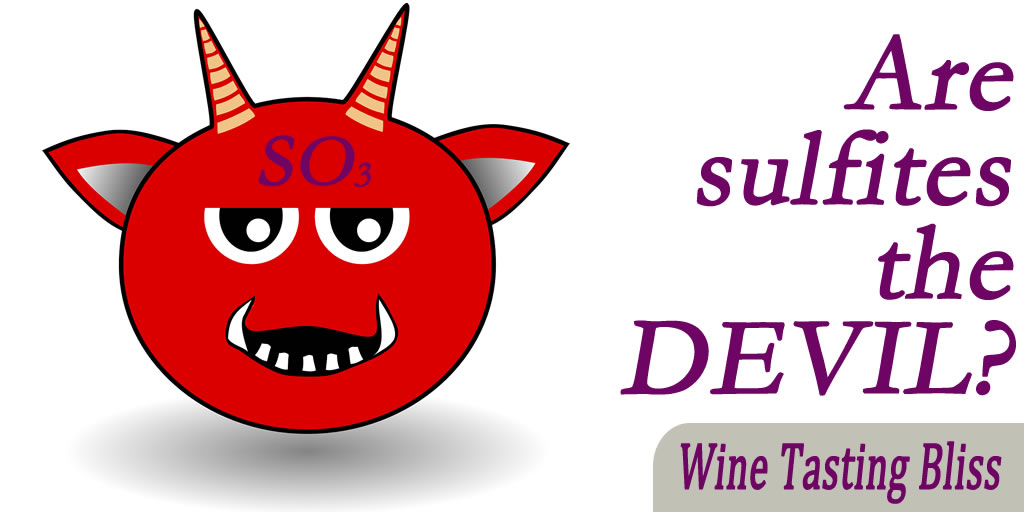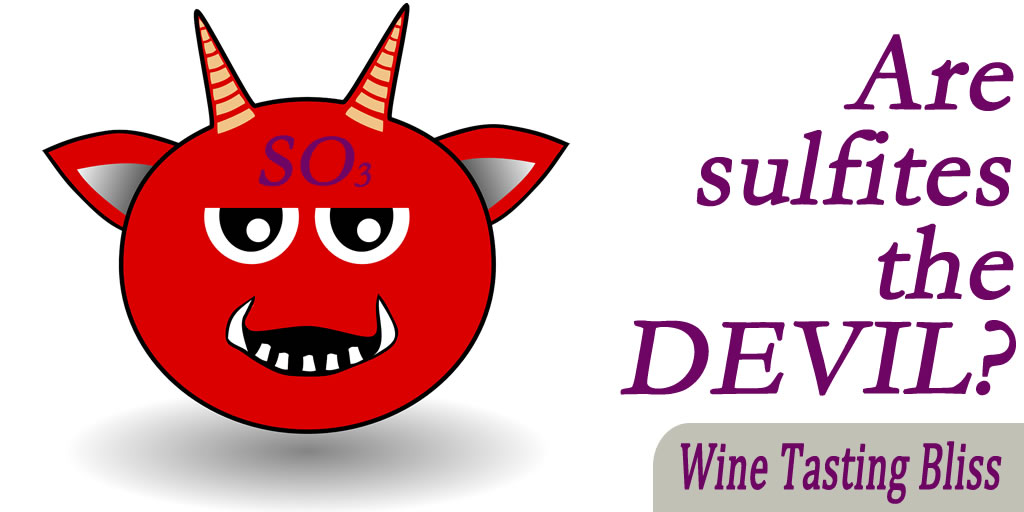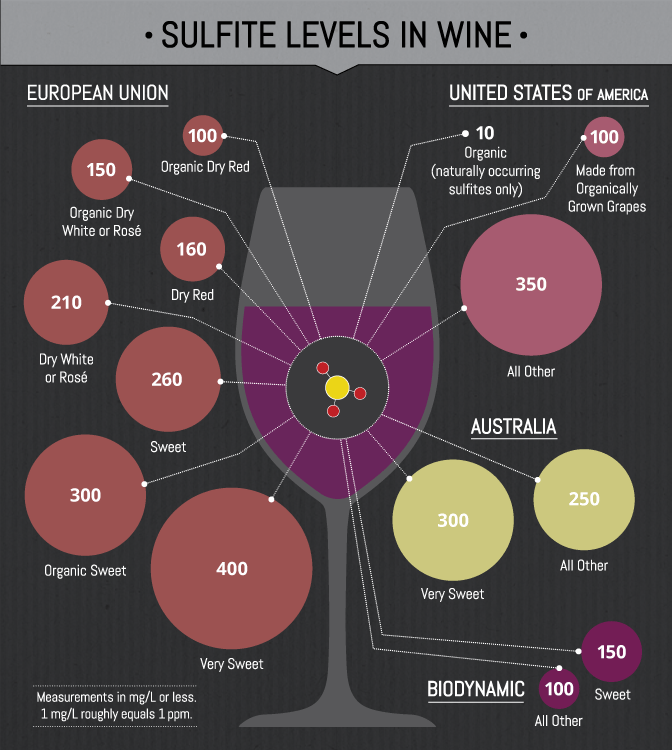How often do you hear “the sulfites in red wine give me a headache” while you are wine tasting? Have you wondered if there’s anything to that? More importantly, how can these poor, afflicted souls learn to enjoy their red wine? That’s the important part. Here’s what you should know.
Wine has many positive qualities. Some believe that the resveratrol in red wine can extend life (pay no attention to the actual amount of wine you’d have to drink to get this benefit), while others believe that wine is an important part of their weight loss regimen (reference the Mediterranean Diet). Flying in the face of all this wine goodness is the folklore that some wine can trigger a headache. No, we’re not talking about a hangover, we’re talking about negative health effects while still in the tasting room. Are these mysterious sulfites to blame?
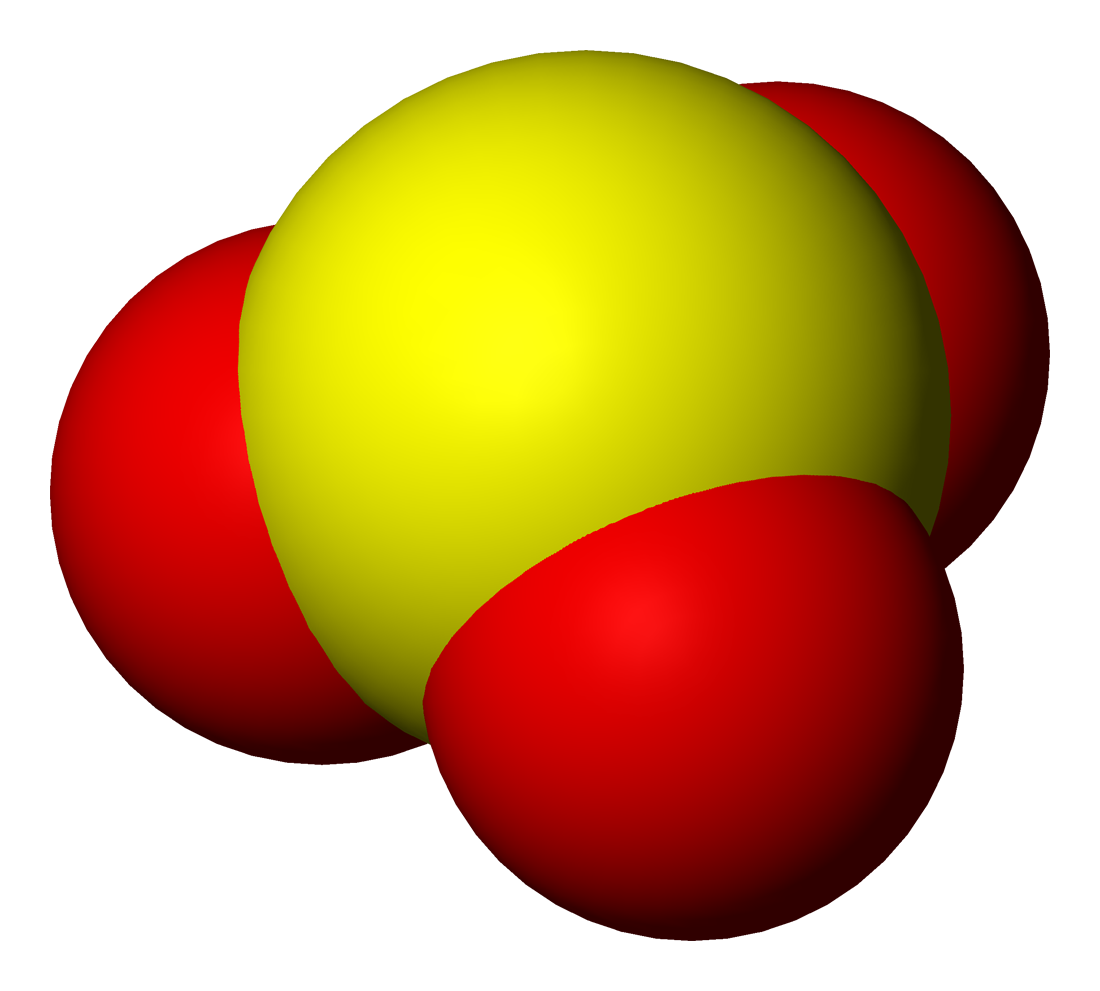 |
| Chemistry class is awesome |
Sulfites are sulfur compounds, basically one atom of sulfur and three atoms of oxygen, and metabolites, which is a fancy way of saying that something eats the sulfite and, um, releases something based on the sulfite. Remember those fun days back in chemistry class? If so, then you’ll recognize the chemical notation SO3 while the rest of us will just nod wisely.
Sulfites are everywhere, commonly used to preserve food and beverages. Sulfite concentrations in food can range from 5 to 6,000 parts per million, with the high end of the range typically found in dried fruit and processes meats. In the world of wine, sulfites extend shelf life, preserve flavor, prevent secondary fermentation, and keep the wine from turning brown from oxydation. While sulfites are a natural outcome of fermentation, most wine makers add additional sulfites for its preservative properties.
Wait, are people actually allergic to sulfites? It turns out that about 1% of us are “sensitive” to sulfites according to the FDA, and these allergies are often linked with asthma. If you have a problem eating dried fruit, you may be among the unlucky 1%. So sorry!
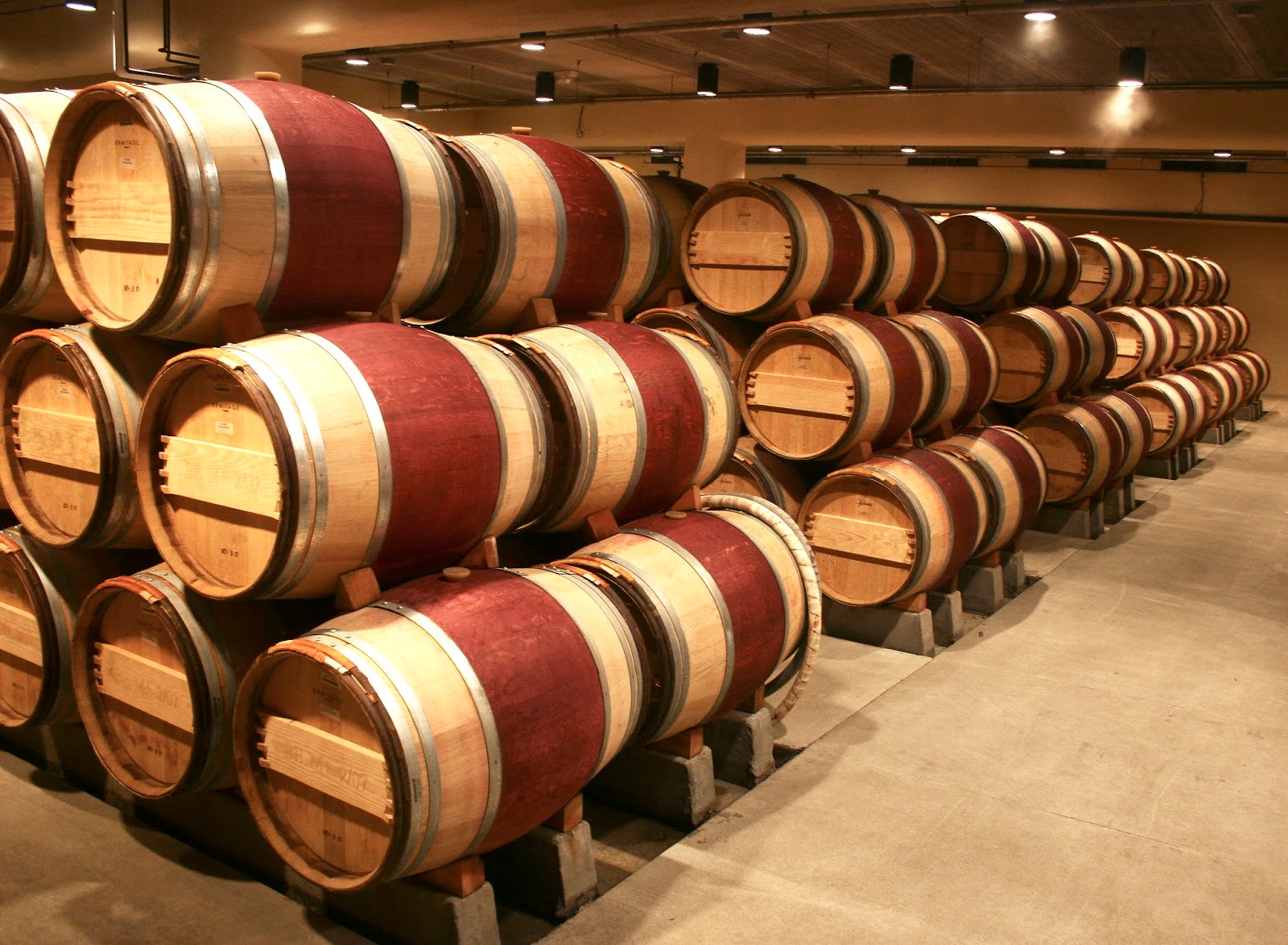 The rest of us probably aren’t actually allergic to sulfites. In most cases where people have a negative reaction to wine, it can be traced to a histamine response, usually related to pollen suspended in the wine. Other people are sensitive to intense tannins, while others are affected by other impurities common in unfiltered wine. Again, so sorry!
The rest of us probably aren’t actually allergic to sulfites. In most cases where people have a negative reaction to wine, it can be traced to a histamine response, usually related to pollen suspended in the wine. Other people are sensitive to intense tannins, while others are affected by other impurities common in unfiltered wine. Again, so sorry!
So what can be done? If you have negative reactions to wine tasting, there are a few countermeasures to consider. First, wine can cause dehydration very quickly. We pack a cooler of water to take with us when tasting. Second, consider an antihistamine to suppress a reaction to pollen or other organics. Third, look for patterns! We have found that a few (very few) wineries cause reactions while most don’t. Once we notice a pattern of headaches after a visit, we pass on that winery for a year or two, then give them another try. Wine making processes (and wine makers) change while the winery’s name remains the same, so we never PERMANENTLY pull a winery off of our tour list. That would be wrong!
So don’t deny yourself red wine if you think that the sulfites cause you pain. Examine the patterns that surround your headaches and find the root cause. Organic and biodynamic wines may be an answer, as may be seeking out well-filtered wine. If you can eat dried cranberries, you can probably drink wine with sulfites!
Cheers to your health!
About the Author: John grills a mean steak and is always in the market for another wine fridge. Believes that if a winery has more than 10 employees, it's probably too big. Buys wine faster than he drinks it, but who cares?

